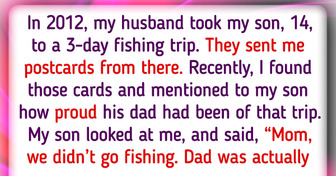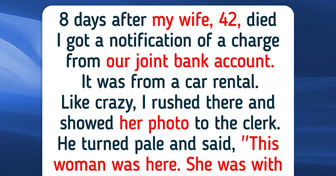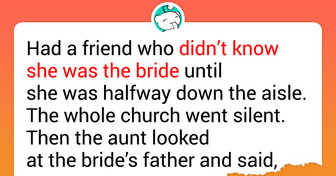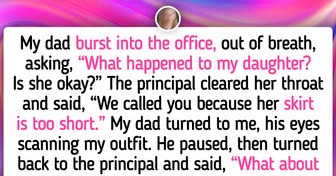I Excluded My Stepson From Our Family Vacation

Whenever this Nobel Prize winner entered a lab, equipment would break, electrical systems would malfunction and go out of control, and beakers would crack. Sometimes even fires would break out. The name of the scientist was Dr. Wolfgand Pauli, and even his colleagues believed all those incidents weren’t just a matter of bad luck. They called this phenomenon “the Pauli Effect.” No one can say the exact year and day when it came into force, but the effect would haunt the scientist forever.
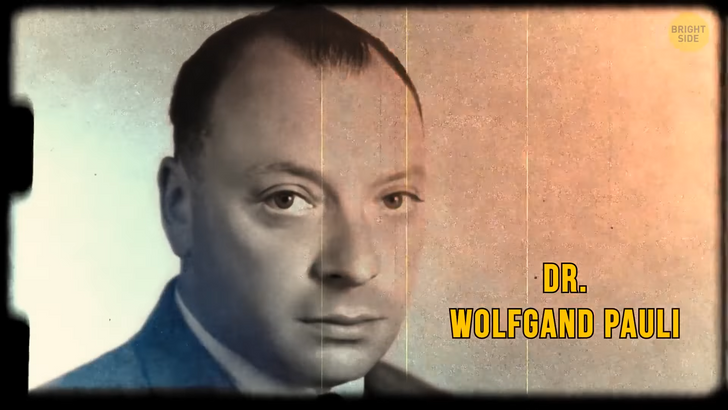
There were countless humorous and mysterious stories. At the opening of the Jung Institute in Zurich in 1948, an expensive Chinese vase fell down and smashed as soon as he entered the room. Once, his fellow physicists planned a prank in which a chandelier would fall when he entered the room, but even the prank didn’t work out, and that time, the chandelier stayed safe. His colleagues even formulated a new law of Physics stating that “a functioning device and Wolfgang Pauli may not occupy the same room.”
They believed the power of the effect was growing with time and, at some point, started working across distances. The story goes that when Pauli was passing the railway station of Göttingen once, several pieces of equipment at the local university lab blew up for no particular reason. Another story says that when the scientist visited one of the institutes at Princeton, a huge particle accelerator at the Physics department unexpectedly flared up and was burning for 6 hours non-stop. The word of the effect had spread, and even famous scientists believed in it.
Nobel laureate Otto Stern didn’t let Professor Pauli inside his lab to keep it safe from the famous effect. It’s hard to believe serious scientists would trust something that looks like a mix of superstitions and anecdotes, but the reason might be in the nature of their science. Quantum physics is something mostly abstract, and to be good at it, you have to be open to weird things and be able to think outside the box.
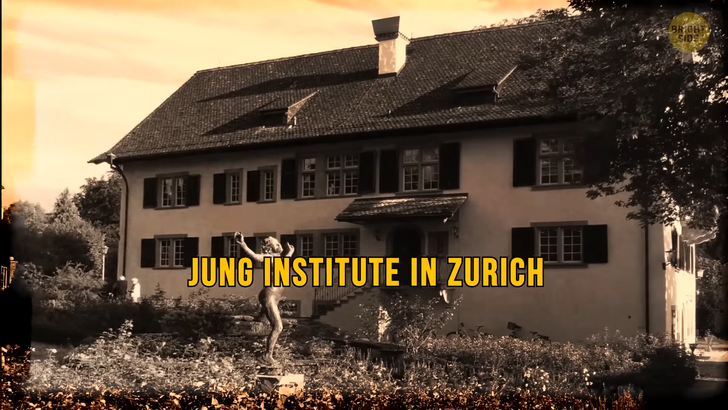
Pauli himself believed in the power of the effect named after him. As incidents were becoming more and more frequent, he was getting worried and was trying to find some logical explanation for all this. He even consulted his old friend and therapist, Carl Jung.
The physicist would share with Jung that sometimes he felt relieved after another incident. He mentioned it had felt like there was a huge amount of energy building up inside him, and then it would all go out, and strange things happened. Pauli had a theory that he wasn’t the only one capable of this. According to him, some people were just able to project their mental energy on their surroundings and electronics in that weird matter.
The future scientist was born in Vienna in 1900, graduated from a gymnasium there, and received his Ph.D. at the age of 21 in Munich. He became a professor and made a huge contribution to the modern theory of quantum mechanics. He spent the rest of his life in Switzerland, staying true to his scientific interests. He rarely published papers, so many of his ideas and research results stayed only in his correspondence with his famous colleagues, who would later spread that knowledge.
Pauli was one of the most brilliant scientists of the 20th century. In 1945, he won the Nobel Prize in Physics. Einstein himself praised his works. There is still no scientific or logical explanation for the “Pauli Effect.” It’s most likely just a matter of unlucky coincidences. But the scientist himself had insisted that the effect was real till the end of his life.
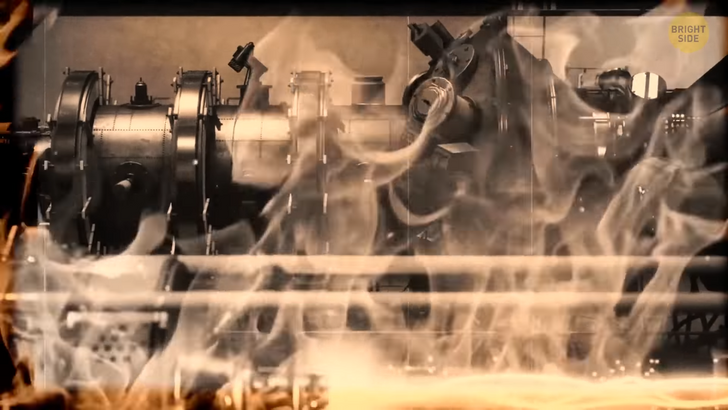
Another interesting effect named after a famous person is the “Mandela effect.” This term is used to describe a situation when a huge amount of people believe that something really happened when it actually didn’t. Fiona Broome, an author, coined this term after going to a conference where she discussed with others the tragic demise of Nelson Mandela in the 1980s. Not a single person corrected her, and they even remembered seeing the event in the news back then. In reality, Mandela passed away in 2013. Broome was surprised that so many people could remember an event that hadn’t happened in detail.
Let’s see if the “Mandela effect” has had some influence on your life. In the 1937 Disney classic, “Snow White and the Seven Dwarfs,” the Evil Queen addresses the mirror. She says: “Magic mirror, on the wall — who is the fairest one of all?” Yes, there’s no mistake here! If you were sure that she said, “Mirror, mirror, on the wall...” — you stand with thousands of others who, for some reason, remembered it that way and refused to believe it could be something else.
This misconception does make some sense, though, as this is how it goes in the original story by the Grimm Brothers. Fans of one epic space saga will definitely remember the famous line, “Luke, I am your father.” Well, in reality, it goes like this, “No, I am your father.” I know; I had to double-check myself.
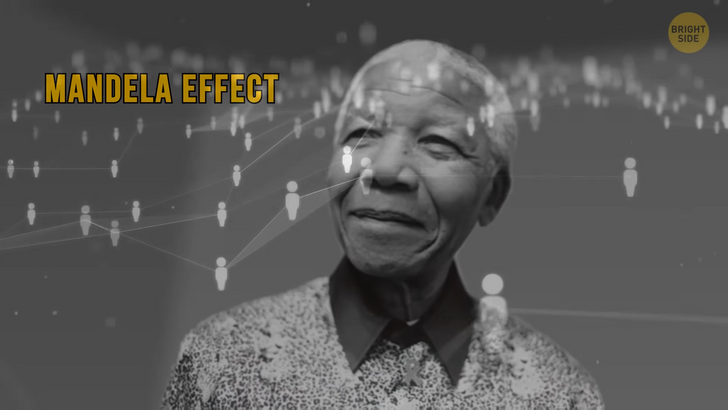
Another good example here is the misconception about the geographical location of New Zealand in relation to Australia. It’s obviously to the southeast on any map, but quite a lot of people are somehow positive it’s to the northeast instead. The “Mandela effect” possibly happens because your brain likes to store similar memories close to each other. So close that they can sometimes intertwine.
The brain also fills in the gaps in your memories for them to make more sense. And, of course, when something goes viral on the Internet, you often subconsciously remember it without checking if it’s 100% correct or true. Now, imagine you did something nice for someone, and there is a third person who did something nice for you. Which of them do you think would be more willing to help you? Nope, it’s not that guy you’ve helped out. The person who helped you before is more likely to do it again. This phenomenon is called the “Ben Franklin effect.”
Benjamin Franklin had quite a lot of competition in his time. One of his rivals served in the Pennsylvania legislature and had a very rare book in his library. To befriend him, Franklin sent the man a letter in which he asked to borrow the book. The opponent agreed, and a week later, Franklin returned the book with a friendly note.
When the two met again, they spoke to each other for the first time, and the opponent was happy to do more favors for Franklin. They slowly became friends. This effect works because your brain sees helping other people as sympathizing with them. It also works in the opposite way. When someone does something mean to someone else, they start to detest that person. That’s a way for the brain to justify the mean behavior.

Scientists from the University of California carried out an experiment to see how listening to music can affect test results. They divided students into 3 groups. The first group sat in silence for 10 minutes. The second group was listening to a monotonous voice for the same amount of time. The third group got to listen to Mozart’s Piano Sonata. After that, they were all asked to take the same test of spatial reasoning, problem-solving, and thinking outside the box. Those who were in the third group scored better on the test. Scientists called it the “Mozart effect.”
The news of the discovered effect spread quickly, and other scientists decided to run similar tests. Someone took it further and spread the idea that listening to classical music from an early age could help you score better on exams. But in reality, the test only had to do with spatial reasoning. It looks like the “Mozart effect” isn’t really about Mozart, but about music that makes you feel better. When you’re in a better mood, you’re more energized and engaged, and these two qualities can help you score higher on spatial testing.

